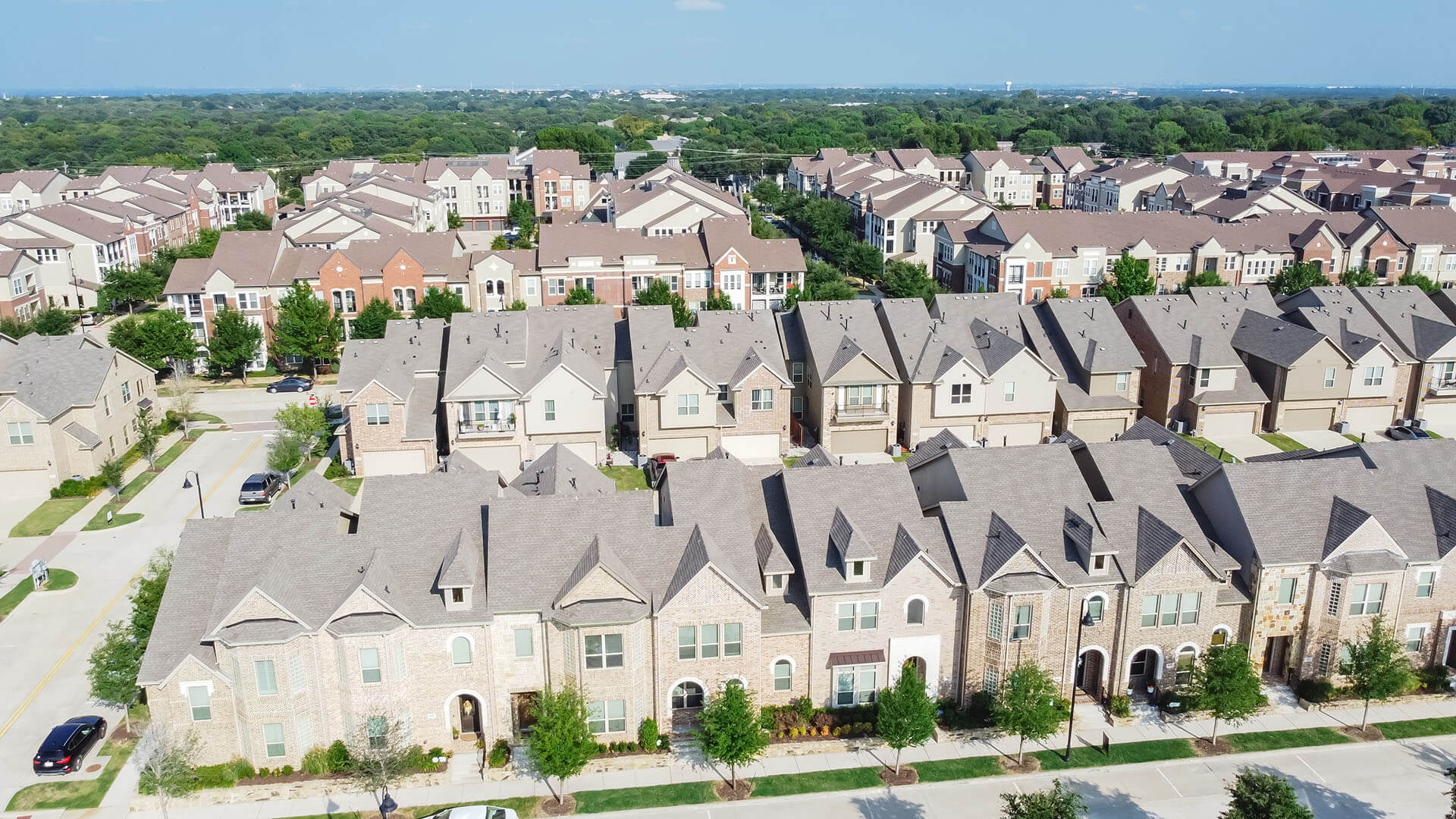
Cooperative housing, also known as co-op housing, is a distinctive ownership model prevalent in larger, high-density metropolitan areas and gaining popularity across the United States. In a co-op, rather than owning a specific unit within a building, buyers purchase shares of the corporation or non-profit organization that owns the entire building. This unique form of ownership is governed by a co-op board or association, where shareholders collectively share responsibilities for the upkeep and amenities of the building. However, shareholders may have limited freedom when it comes to making changes or updates to their individual units.
Co-Ops are buildings that typically consist of multiple units and often offer a range of amenities and shared spaces. Each shareholder owns shares in the cooperative corporation, granting them the right to occupy a specific unit within the building.
When buying into a co-op, individuals become shareholders of the cooperative corporation rather than owning their unit outright. This means that decisions regarding the building and individual units are made collectively by the co-op board or association.
Cooperative housing is prevalent in larger metropolitan areas, with both existing co-op buildings and new construction projects offering opportunities for ownership. Availability may vary depending on the housing market and specific location.
Co-op housing offers several advantages, including the potential for affordability in desirable urban areas, fostering a sense of community and collective decision-making among residents, and shared responsibilities for building maintenance.
However, there are important factors to consider when opting for co-op housing. These include limited freedom in making changes to individual units, potential restrictions set by the co-op board that may impact personal preferences, and the need for cooperative decision-making in matters related to the building.